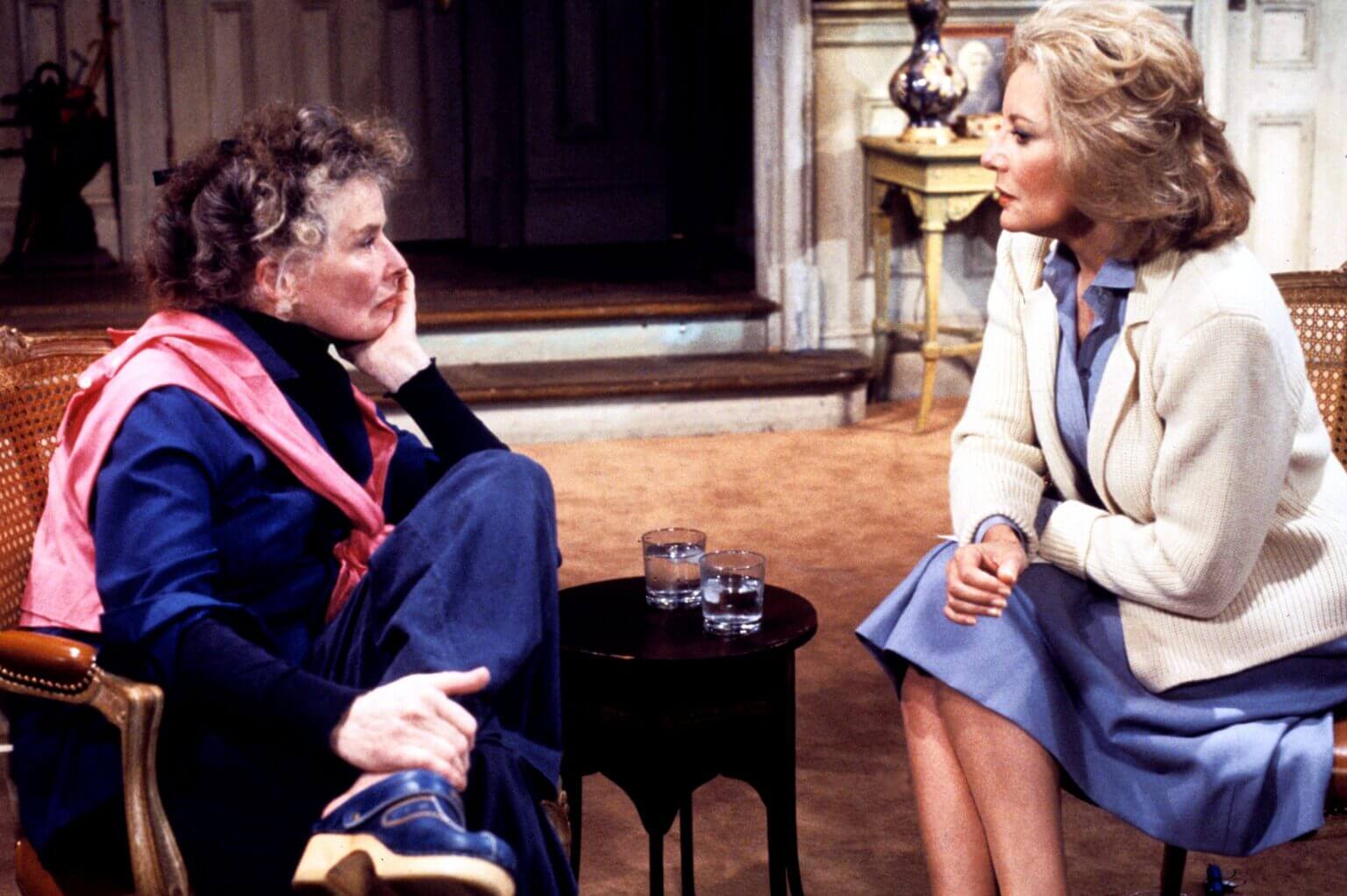Reevaluating the Legacy of Barbara Walters: A Deep Dive into the Hulu Documentary
The Hulu documentary “Barbara Walters: Tell Me Everything” offers a comprehensive overview of the life and career of one of television’s most trailblazing journalists. While it provides an engaging recounting of her achievements, it stops short of exploring the deeper implications of her influence on modern media and society.
Celebrating a Pioneering Career Through Personal Testimonies
Directed by Jackie Jesko, the film features heartfelt testimonials from iconic figures such as Oprah Winfrey and Katie Couric, who reflect on Walters’s profound impact on their careers and the industry at large. Prominent interviewees like comedian Bette Midler and Monica Lewinsky also share insights into Walters’s compassionate nature and integrity, painting a well-rounded portrait of her character beyond her public persona.
From Challenging Beginnings to Industry Icon
The documentary traces Walters’s journey from a tumultuous childhood to her rise as a dominant force in television journalism. It highlights the gender-based obstacles she faced, including pervasive sexism and the need to prove her credibility in a male-dominated field. Her relentless dedication and fierce competitiveness are portrayed as double-edged swords-driving her success but also straining her personal and family life.
The Ethical Dilemmas of Investigative Journalism
A significant portion of the film examines Walters’s aggressive interview tactics, including her encounters with some of the world’s most controversial figures. Notably, her interviews with Libyan dictator Muammar Gaddafi and his family are scrutinized for their ethical implications. A former ABC producer comments, “Barbara would probably be friends with the devil if it meant securing the story,” underscoring the moral complexities involved in her pursuit of exclusives.
Contextualizing Her Legacy in Today’s Media Landscape
While the documentary effectively chronicles Walters’s career, it leaves questions about her relevance in the current media environment largely unaddressed. Does her story serve merely as a historical account, or can it shed light on the ongoing transformation of television journalism? If the latter, the film falls short of making those connections.
Changing Audience Dynamics and the Decline of Traditional News
The film acknowledges the shift in viewer habits, noting that in 1999, Walters’s “20/20” interview with Monica Lewinsky drew approximately 70 million viewers-a figure unthinkable today amid the rise of digital distraction. Katie Couric reflects, “There’s a unique feeling when everyone watches the same program simultaneously, and that sense of shared experience is largely gone.”
The Rise of Self-Directed Content and Its Impact
Oprah Winfrey observes that modern celebrities bypass traditional gatekeepers, engaging directly with audiences via social media platforms like Instagram Live. “There’s no need for a Barbara Walters-style interview anymore because stars are their own media outlets,” she notes.
The Missing Link: Industry Evolution and Its Consequences
The documentary misses an opportunity to explore how this shift affects journalism’s core functions. It doesn’t delve into what is lost when newsmakers no longer seek out seasoned interviewers like Walters, or how the proliferation of social media content blurs the line between news and entertainment. Furthermore, it overlooks the broader decline of traditional television news, which once relied heavily on high-profile interviews to subsidize less profitable segments. Today’s networks struggle to maintain the same level of investigative journalism, often competing with streaming services that prioritize entertainment over in-depth reporting.
Political Reporting and the Changing Climate
Although Walters’s confrontational interview with Donald Trump in 1990 is briefly mentioned, the film does not explore the current political landscape-marked by increasingly polarized and hostile media environments. This omission is notable, especially as networks like ABC grapple with covering a president who actively seeks to undermine journalistic independence.
A Fond Farewell and a Reflection on Her Enduring Influence
The film concludes on an uplifting note, showcasing Walters’s final appearance on “The View,” where Oprah Winfrey and other prominent women in television gather to honor her legacy. This heartfelt farewell underscores her role as a trailblazer for women in media and a symbol of journalistic integrity.
The Reality of Today’s Broadcast News
However, the current state of broadcast journalism paints a more complex picture. For instance, the “CBS Evening News” recently replaced Norah O’Donnell with male anchors, reflecting ongoing shifts in gender representation. This reality underscores how Walters’s pioneering role remains unmatched, especially as her unique talent for extracting candid confessions and navigating delicate interviews is increasingly rare.
Conclusion: The Enduring Significance of Walters’s Legacy
Ultimately, the documentary emphasizes Walters’s extraordinary influence and her irreplaceable role in shaping television journalism. Her ability to connect with viewers and secure exclusive interviews remains a benchmark for aspiring journalists. Yet, the film’s somber reminder is that her kind of journalism is becoming a rarity-an irreplaceable gem in an evolving media landscape.
“Barbara Walters: Tell Me Everything” premieres Monday on Hulu, offering viewers a chance to reflect on a career that defined an era of television journalism and continues to inspire future generations.

